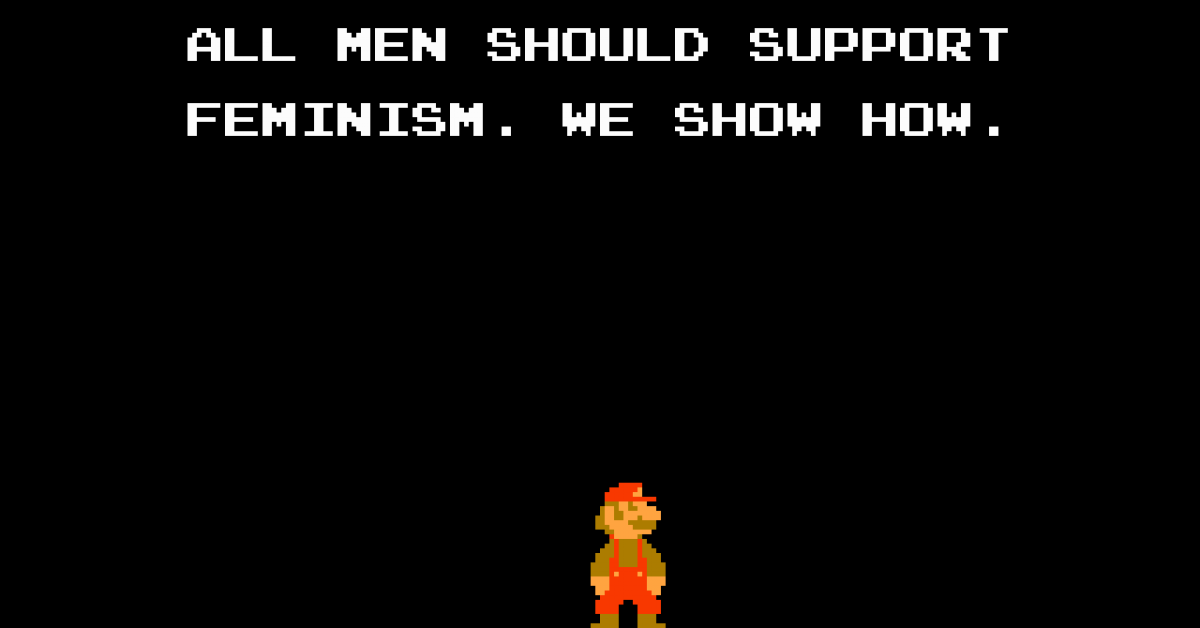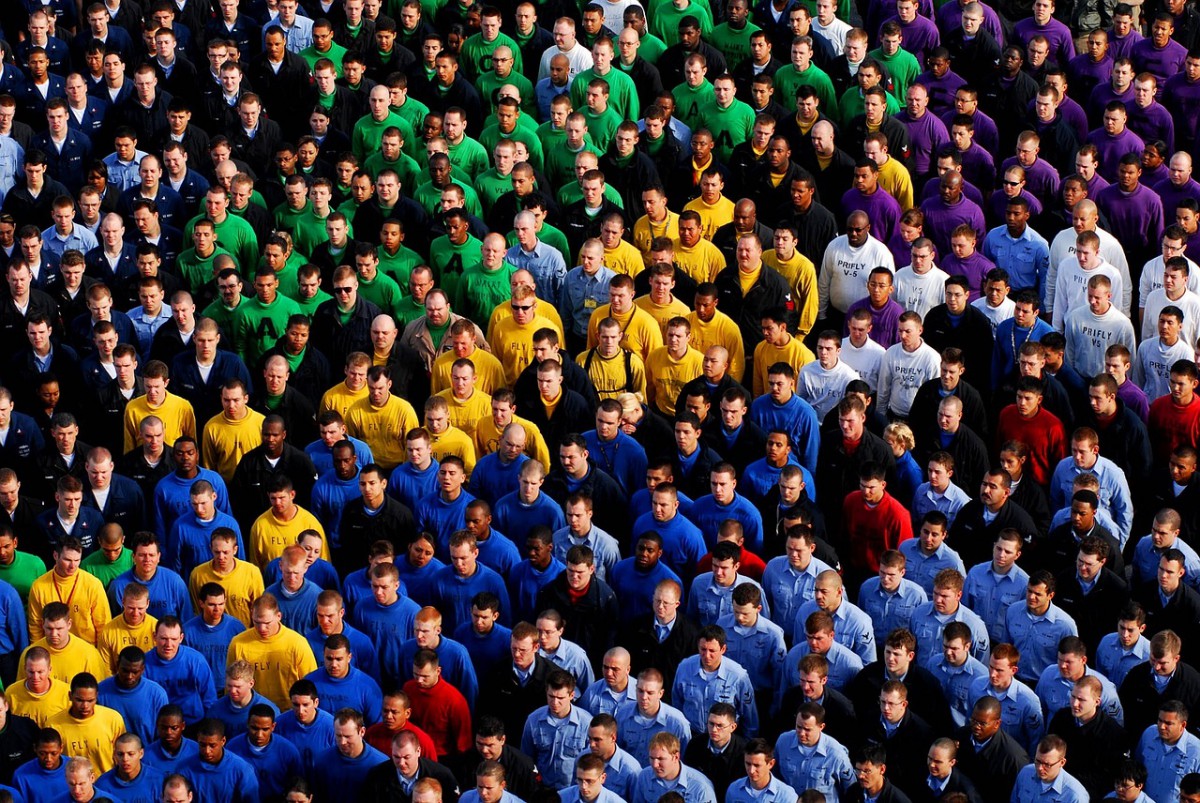Events and panels, where only men are talking to men, are unrepresentative, one-dimensional and incomplete – and therefore boring and irrelevant. It is better, for audiences, participants and organizers, to call off such one-dimensional events rather than allowing a conversation on a low-quality level. This is why the signatories to this declaration have decided not to take part in all-male panels any more.
With #men4equality we are creating awareness for the fact that the very casting of panel lineups has a massive influence on the quality of the debate itself. We understand men#4equality as an invitation to event organizers to take this important matter into account when preparing their programs. If you’re still planning to have an all-male event, we will have to cancel our participation. Events of such kind simply do not live up to our expectations concerning quality.
List of initial signatories:
- Rowan Barnett, Senior Director Market Development & Media, Twitter
- Torsten Bittlingmeier, Founder TalentManagers
- Leonhard Dobusch, Professor Universität Innsbruck
- Thomas Feinen, Geschäftsführer Hoffmann und Campe Verlag
- Robert Franken, Digitaler Potenzialentfalter
- Stephan Grabmeier, Chief Innovation Evangelist Haufe-umantis AG
- Joachim Graf, Zukunftsforscher & Publizist
- Hendrik Haase aka wurstsack, Aktivist
- Ralf Heimann, Journalist & Autor
- Vincent-Immanuel Herr, Autor & Aktivist HERR & SPEER
- Tom Hillenbrand, Journalist & Autor
- Mark Hoffmann, Co-Founder & CEO Vertical Media GmbH
- Simon Hurtz, Journalist
- Christoph Kappes, Geschäftsführer Fructus & Sobooks.de
- Friedemann Karig, Journalist & Autor
- Dr. Ralf Kleindiek, State Secretary Federal Ministry for Family Affairs BMFSFJ
- Johannes Kleske, Co-Founder Third Wave
- Wolfgang Lünenbürger-Reidenbach, Geschäftsführer Cohn & Wolfe PR
- Stephan Noller, Founder ubirch
- Christian Schiffer, Journalist
- Igor Schwartzmann, Co-Founder Third Wave
- Michael Seemann, Autor
- Martin Speer, Autor & Aktivist HERR & SPEER
- Hakan Tanriverdi, Journalist
- Tarik Tesfu, YouTuber und mastermind behind “Tariks Genderkrise”
- Dirk von Gehlen, Journalist & Autor
- Leander Wattig, Veranstalter & Publisher
- Felix Wegener, Veranstalter & Blogger
Here’s a short list of things you as an event organizer should take into account when trying to make your panel relevant and successful:
- If you are an event host, get the balance right. Reach out to organizations like e.g. the Women Speaker Foundation or speakerinnen.org in Germany, they can help you find excellent female speakers on virtually any topic.
- When you are preparing for an event, make sure that you make gender balance your objective and not just some goal. It needs to be an integral part of your conference or panel setup.
- Think about involving women in your planning process.
And here are just three ideas how you as a man can be(come) part of the solution rather than remain part of the problem:
- If you’re invited to speak at a conference: Make sure that there’s a balance in diversity among the speakers.
- Before you take part in a panel discussion: Ask the question whether there are just men on stage or men* and women* in a balanced diversity setup – hostess not included. 70% men may be o.k. in some industries, but more would only mean a lack of effort.
- Speak out about the reasons for not attending male-only events. If you remain silent, you miss the chance of creating awareness for this problem.
- Create awareness among your peers. Ask them why they wouldn’t bother reflecting on this issue. Help them make up their minds, too.
Always Remember:
All-male setups are simply boring.
Balanced lineups must become the norm.
Help us change the ratio. Spread the word: #men4equality

